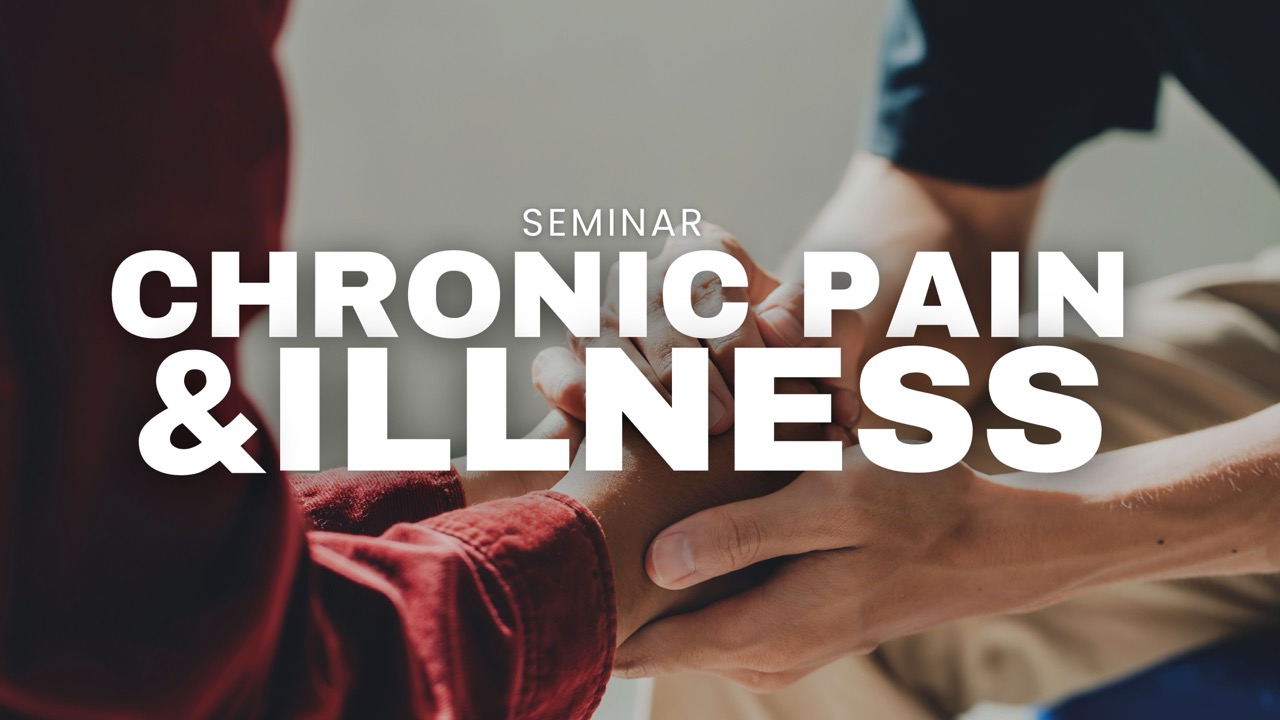Chronic Pain or Illness’s Impact on Identity and Purpose is not Necessarily Idolatry
Chronic Pain or Illness’s Impact on Identity and Purpose is not Necessarily Idolatry
When chronic pain or illness has lasted in the life of a person for some time, this experience can profoundly shape them. Their identity (“Who am I now?”) and their sense of purpose (“What do I do now?”) can feel like they have gone through a massive transformation. This is normal, and I would argue it’s not necessarily bad. You may be thinking this should be obvious. However, I bring this point up because talk of shifting identity or purpose has the potential to be equated with idolatry. Idolatry is not limited to the cultures surrounding Old Testament Israel. In its essence, idolatry occurs any time we prize someone or something more than God himself. It is disordered love.
Because of our zeal to prioritize God above all else, some of us can get a bit nervous when we hear questions related to purpose and identity. We might think, “But your identity is a child of God; that never changes. Your purpose is always to walk with and glorify him; that never changes. Because you’re questioning your purpose and identity, maybe you valued other things more than God.” We might not say it exactly this way, but that is the sentiment. In our thinking, we rush to make sure our friend’s theology is intact. We want things to be black and white theologically. We don’t like the grey.
We need to be careful that we don’t overspiritualize what our friend is going through by equating it with idolatry. We need to be curious about what they mean by their words, and this takes care and thoughtfulness. Any major event or major process becomes a piece of shaping who we are (i.e., we are impacted, changed). Our identity as a child of God hasn’t changed, but we’re also not the same person we used to be.
For example, in cancer scenarios, loss of hair (especially for women) represents far more than just the hair itself. Chronic pain or illness can significantly impact one’s ability to work, affecting their sense of self and their capacity to provide for their family. Friends and peers may pull away relationally due to the changes that come with chronic pain and illness. Our foundational identity and purpose—the kind that guides and anchors our lives as a whole—is still very much intact, but our identity relative to people, career, recreation, etc., may not be what it once was. Our purpose, in relation to the things we can do and the goals we pursue, may have to be reinvented. Think of this as identity with a small “i” and purpose with a small “p.”
This post is the sixth in a series deriving from the “Chronic Pain & Illness” seminar that took place at Rocky Creek in September 2025. If you’d like to receive the PDF note packet and audio version of that seminar, you may email allen@rockycreek.church.













